Fabric Selection Guide for Custom Streetwear Clothing
2025 RAINBOW TOUCHES' KNITTED JACQUARD FABRIC: A MULTI-SCENE SENSATION
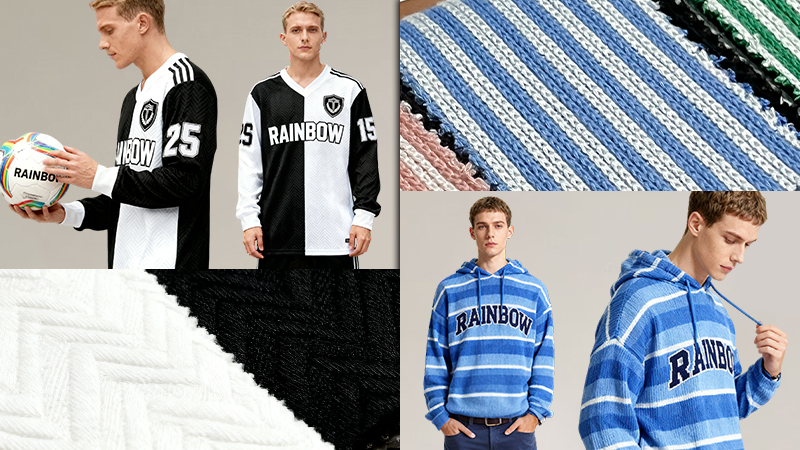
Custom Fabric
Choosing the right fabric for your brand design requires consideration of various factors, such as desired comfort, breathability, durability, ease of cleaning, and design aesthetics. Here are several common streetwear fabric options for your reference, and we can also provide corresponding fabrics based on your requirements or even customize fabrics to meet your special needs.
Pure cotton fabric
Washed cotton fabric
Fleece fabric
French Terry fabric
Mesh fabric
Nylon fabric
Velvet fabric
Silk satin fabric
Leather fabric
Twill fabric
Denim fabric
Wool fabric
Supply Chain Management
Are you interested in these?
- How is the price of fabric calculated?
The price of fabric is typically calculated per meter and depends on the type, quality, width, and supplier of the fabric. Here are some common fabric types and pricing methods:
Cotton: Cotton is one of the most commonly used fabrics and is typically priced affordably. It is priced per meter based on different quality grades and widths, usually ranging from 1.5 meters to 1.8 meters, with prices ranging from US$1.4 /meter to US$7.5/meter.
In addition to the fabric‘s base price, other factors can affect the price, such as the fabric’s color, printing, embroidery, and other processing techniques. The price may also vary depending on the supplier. As a result, the price of fabric for streetwear clothing customization at our factory is calculated based on multiple factors, including the fabric type, quality, width, color, processing techniques, and supplier. If you have any further questions about pricing, please refer to ourprice explanationpage.
- Is there a minimum order quantity limit for fabric?
In general, the minimum order quantity for our fabrics is based on the minimum order quantity for clothing orders, which is 200 pieces per color per style. This is because many fabric suppliers and factories have minimum purchase quantity requirements, and we need to comply with these requirements to ensure our inventory and production efficiency. Additionally, we also determine the minimum order quantity based on factors such as customer needs and customization volume to ensure that we can provide customers with the highest quality products and services.
If you still have some unresolved questions, you can go to theFAQpage
2024-2025 HOTTEST STREETWEAR JERSEY FABRICS UNVEILED
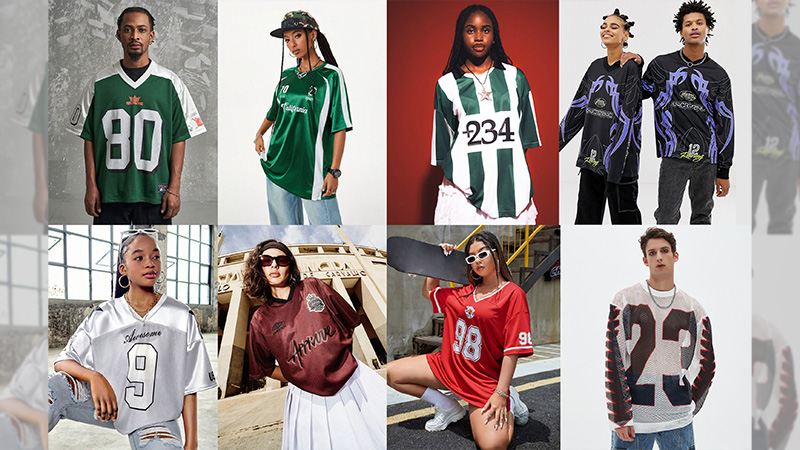
COZY FLEECE-LINED HOODIES FOR STREETWEAR ENTHUSIASTS
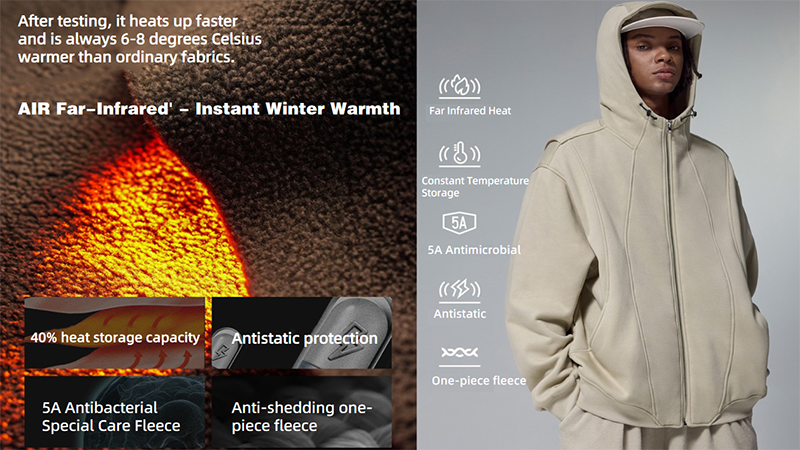
COOLING FABRIC-NEW FABRIC 2024
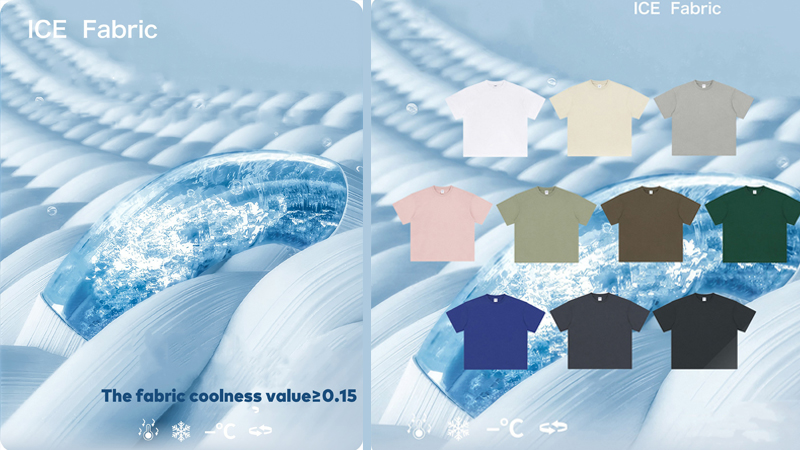
TOP TRENDING FABRICS FOR 2023-2024
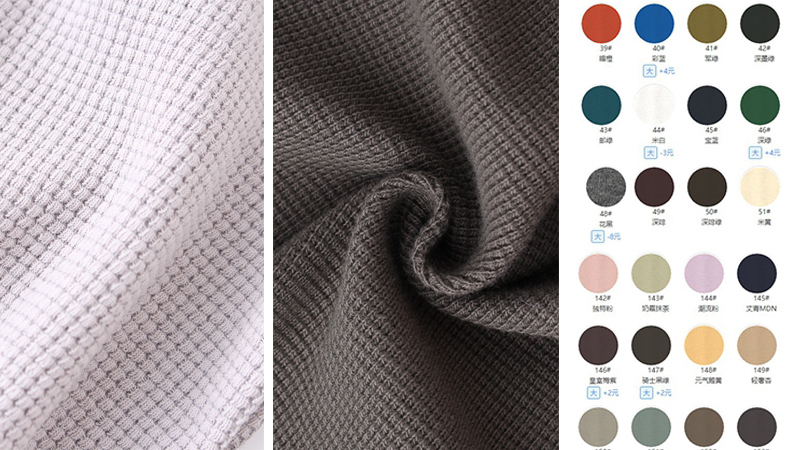

- Name:
- Sina Lee
- Tel:
+0086-13423110605
+0086-0769-81519190
- Email:
- sina@rainbowtouches.com
- WhatsApp:
- 8613423110605
- Skype:
- sinalee608


